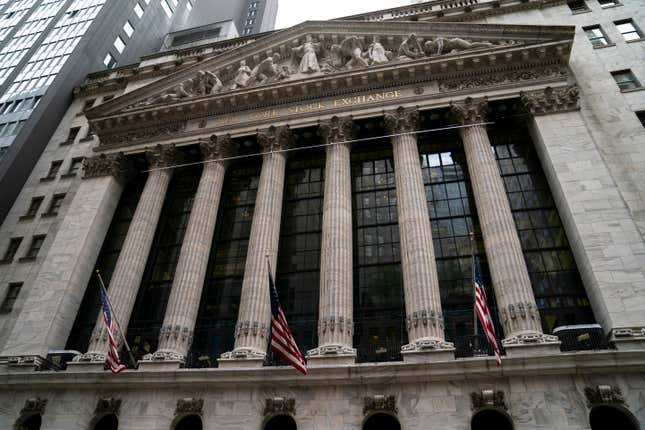
The recent boom in stock values and home prices could actually hurt Black Americans by exaggerating the country’s persistent racial wealth gap, according to a new report from the Federal Reserve Board.
The Fed just released the results of its most recent Survey of Consumer Finances and, among the results, the survey says that Black Americans by and large aren’t benefiting from inflated values in the assets that make up the majority of most Americans’ wealth. Between 2016 and 2019, the median wealth of Black and Hispanic families rose faster than that of white families, but that failed to narrow the wealth gap between Black and White families, which stands at $164,100, the study showed.
But what’s worse is what could be coming. The economic recovery from the pandemic brought a spike in home equity and the value of investment and retirement portfolios, categories in which Black Americans already lag whites. That could result in an even wider gap post-pandemic.
From CNBC
“Because Black households are less likely to be invested in the stock market and on every level less likely to be engaged in the financial system, they not only entered the pandemic with large gaps, the likelihood is that we are going to see some of these gaps widen coming out of the pandemic,” said John Lettieri, the Economic Innovation Group’s president and CEO.
The primary way that Americans build wealth and invest is through retirement plans, and there have been enormous disparities between Black and white Americans on that front. Many Black Americans missed out on the hefty gains from the stock market because they often hold occupations where employers are unlikely to offer an employer-sponsored retirement plan.
The typical white family’s home is worth about $230,00, while the typical Black family’s home is worth $150,000, a spread caused by a mix of residential segregation, gaps in income and money for down payments and differences in home appreciation in Black and white neighborhoods, according to the Fed survey.
At the same time, the study notes that only 35% of Black Americans had retirement accounts in 2019, while 65% of whites do, and there’s a gap of about $30,000 in the average value of those accounts. About the same percentages of Black and white families–34% and 61%, respectively–owned stocks.
After dipping right at the start of the pandemic, stock values have skyrocketed since 2020. Home values have largely done the same, as low interest rates and an undersupply of available homes pushed prices higher across the country.

